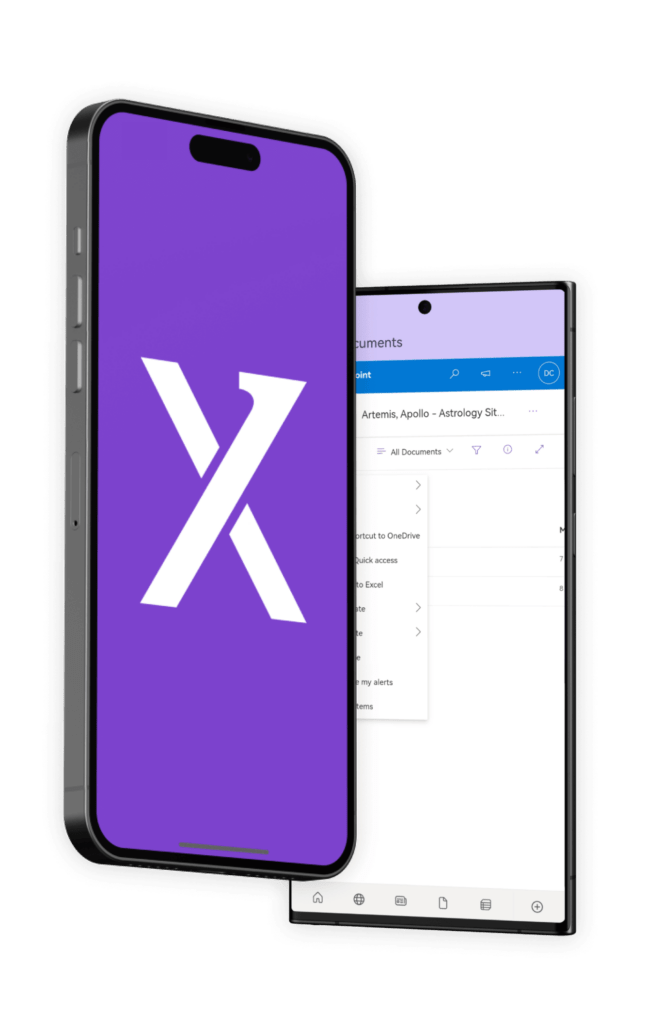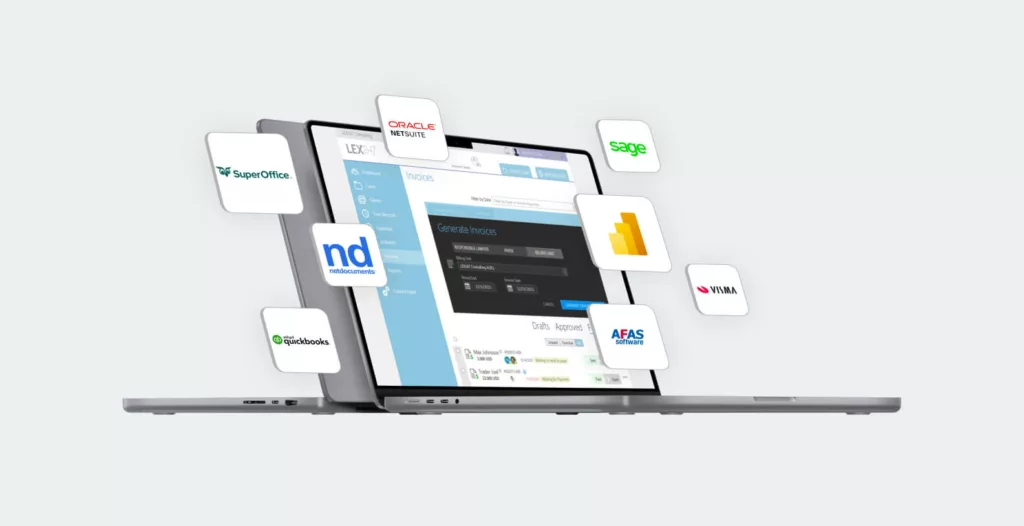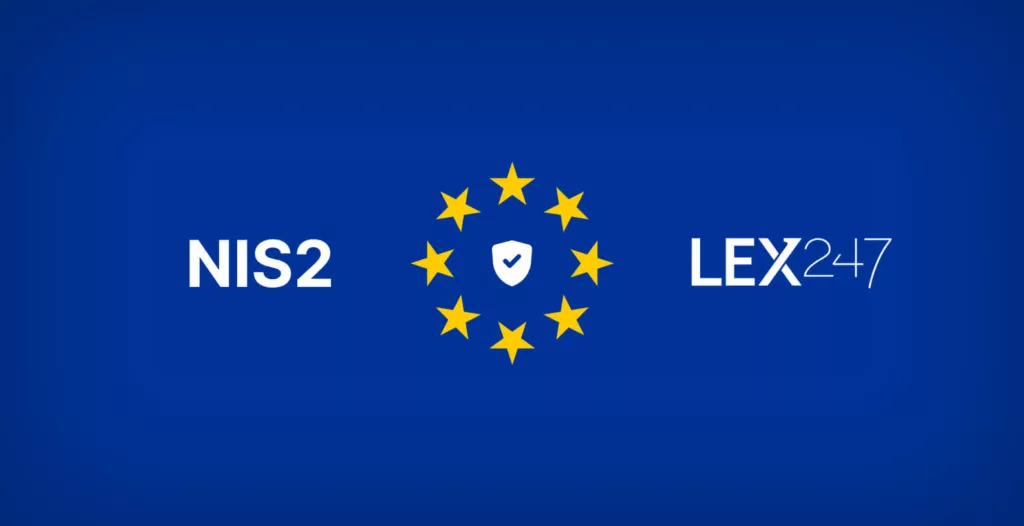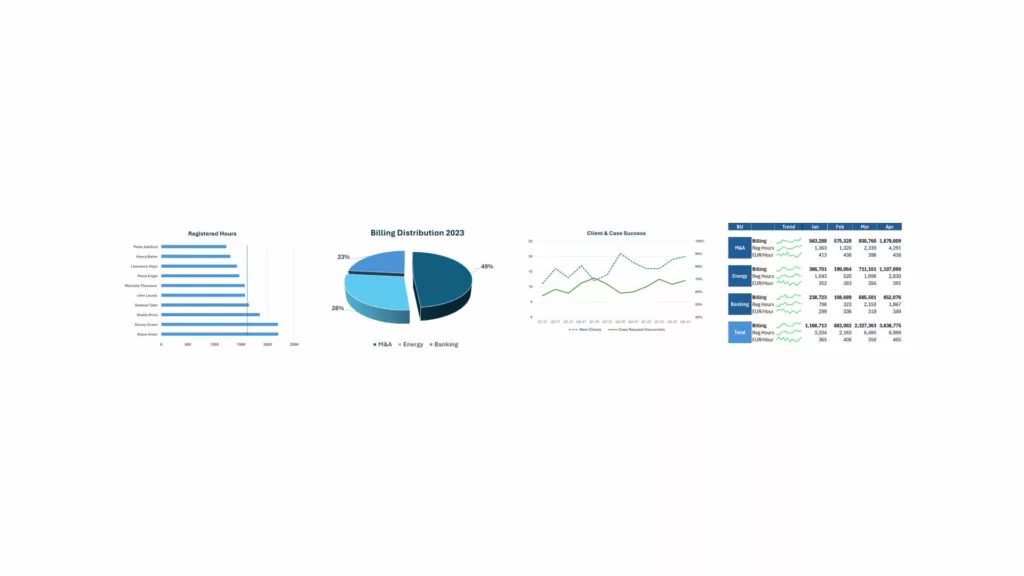The legal industry, like many others, is rapidly evolving with technology. Among the most significant advancements are cloud-based solutions, which offers increased efficiency, flexibility, and cost savings. However, not all cloud solutions are created equal. Law firms must understand the differences between a true cloud legal practice management system and a general cloud system to make informed decisions.
This article explores these differences, highlighting why a true cloud legal practice management system might be the optimal choice for modern legal practices.
True Cloud Legal Practice Management Systems
1. Architecture and Deployment
True cloud legal practice management systems are designed from the ground up to operate in a cloud environment. This native cloud-based architecture means that the software is built to take full advantage of cloud technology. It typically uses a multi-tenancy model, where multiple law firms share the same software, but their data remains securely separated. This design ensures efficient resource usage and streamlined updates.
2. Accessibility and Mobility
One of the hallmarks of true cloud systems is their accessibility. Lawyers/Attorneys and staff can access their practice management system from any device with an internet connection, whether they are in the office, at home, or on the go. This level of mobility supports the increasingly remote and flexible work arrangements seen in the legal industry. Additionally, these systems usually provide automatic updates, ensuring that users always have access to the latest features and security improvements without experiencing downtime.
3. Maintenance and Security
Maintenance and security in true cloud legal practice management systems are managed entirely by the service provider. This arrangement frees up law firms from the burden of maintaining IT infrastructure and allows them to focus on their core business activities. Security measures are robust and include data encryption, regular backups, and compliance with industry standards and regulations. Scalability is another significant advantage; these systems can easily grow with a firm, adding new users and increasing storage without requiring significant infrastructure changes.
4. Features and Integration
True cloud legal practice management systems are packed with features tailored to the needs of legal professionals. These include case management, time tracking, billing, document management, and client communication tools. Integration with other cloud-based legal tools, such as e-discovery platforms, generative AI applications and legal research databases, is seamless, providing a cohesive and efficient workflow for law firms.
5. Cost Structure
Typically, true cloud legal practice management systems are offered on a subscription basis. This model provides predictable monthly or annual costs, which include maintenance, support, and updates. The subscription model can be particularly attractive for smaller firms or those with fluctuating budgets, as it eliminates the need for large upfront investments in IT infrastructure and software.
General Cloud Systems
1. Architecture and Deployment
General cloud systems, while also cloud-based, are often designed to serve a broad range of industries. They might use either single-tenancy or multi-tenancy architectures. A single-tenancy model dedicates specific resources to each client, potentially leading to higher costs and less efficient resource usage compared to multi-tenancy.
2. Accessibility and Mobility
Like true cloud systems, general cloud systems offer accessibility from any device with an internet connection. However, updates may not be as seamless. Some general cloud systems require manual updates or scheduled maintenance windows, which can disrupt workflow.
3. Maintenance and Security
Maintenance and security responsibilities for general cloud systems can vary. Some aspects might need to be managed by the user, which can be a significant burden for law firms without dedicated IT staff. Security measures are typically strong, but the level of protection and compliance with legal industry standards may not match those of specialized legal practice management systems. Scalability is possible, but it may require more planning and adjustments compared to true cloud solutions.
4. Features and Integration
General cloud systems offer a wide range of features designed to be customizable for various industries. However, they might lack specific functionalities needed for legal practice management. Customizations and third-party integrations may be required to meet the specific needs of a law firm, leading to additional costs and complexity.
5. Cost Structure
The cost structure for general cloud systems can vary widely. Pricing models might include subscriptions, pay-per-use, or upfront licensing fees. Additional costs for customizations, integrations, and maintenance can add up, potentially making these systems more expensive over time compared to true cloud legal practice management systems.
Conclusion
Choosing between a true cloud legal practice management system and a general cloud system depends on the specific needs and resources of a law firm. True cloud systems offer a range of advantages tailored to the legal industry, including specialized features, seamless updates, robust security, and predictable costs. These systems are designed to support the unique workflows of legal professionals, providing a more integrated and efficient solution.
General cloud systems, while flexible and customizable, may not offer the same level of specialization and ease of use for legal practices. They can require significant customizations and additional maintenance efforts, which can detract from the core business of law firms.
In summary, for most law firms, especially those looking to streamline operations, enhance security, and reduce IT burdens, a true cloud legal practice management system is likely the better choice. It offers a purpose-built solution that aligns closely with the demands of modern legal practice, ensuring that firms can focus on delivering high-quality legal services to their clients.






